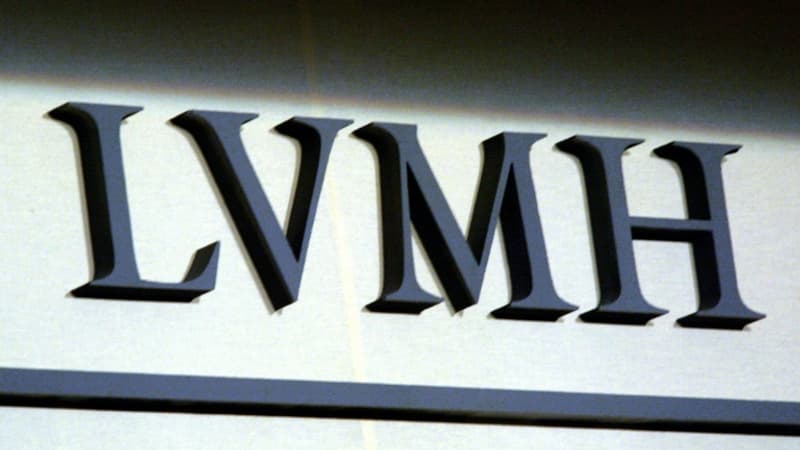After launching its energy sobriety plan in September, LVMH assumes new commitments in favor of the environment. The luxury group announced on Monday that it wanted to “reduce by 30%” its “global water consumption footprint” by 2030, given “the urgency of the water situation in France, but also in many regions of the world.”
To achieve this, LVMH is committed to improving “the measurement of the water consumption footprint throughout the group’s entire value chain, through pressure indicators and geolocation, which allows the deployment of specific action plans for areas affected by water stress , restoring natural environments what is borrowed from them, and supporting local communities.”
LVMH also plans to use “the most efficient technologies to reuse treated wastewater and recover rainwater at the group’s production sites and in its value chain, supporting breeders, farmers and viticulturist partners.”
“There are investments that accompany this commitment that are part of the investments planned in Life 360, our action plan on environmental strategy. All this is foreseen, planned and fully integrated into the way we are doing business now ”, explained in BFM Business Hélène Valade, director of environmental development at LVMH.
“Strategic Resource”
New manufacturing processes that consume less water will also be gradually implemented in the distilleries and workshops of its subsidiary Loro Piana. Finally, LVMH customers will be made aware “thanks to the environmental labeling” of the group’s products.
LVMH undertakes to unveil by the end of 2023 “a qualitative objective to reduce its water consumption footprint aimed at improving the quality of discharges into natural environments”. The group recalls that water is an “essential component” of its activities in wines and spirits, perfumes and cosmetics or fashion and leather goods.
However, the group claims to have already taken steps to reduce its water consumption. With significant results observed, for example, for Hennessy and Loro Piana, which reduced their water consumption by 26 and 25% respectively between 2019 and 2022 thanks to improved manufacturing and wastewater recycling processes.
Source: BFM TV


